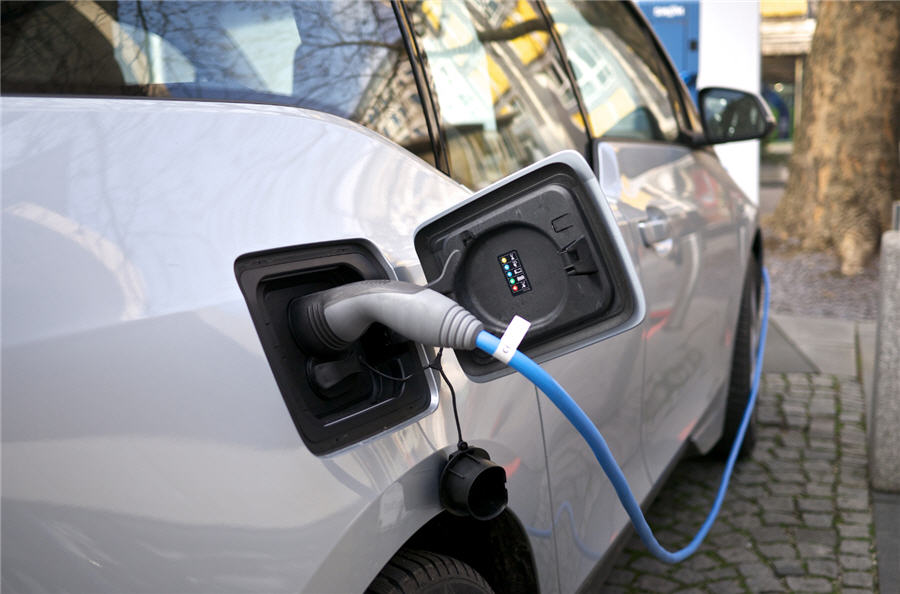Germany to fund research facility for EV battery technology

The German government will fund a research facility to offer firms in Germany know-how to develop battery cells for electric vehicles (EVs), the science minister said on Wednesday, seeking to compete with Asian producers which dominate the industry.
Anja Karliczek said her ministry would invest 500 million euros ($568 million) to support research into both existing and next-generation EV battery cell technology.
“The German car industry shouldn’t depend on Asian suppliers,” Karliczek told a business conference in Berlin.
“This is not only a question of independence, but also a question of keeping the German economy competitive”
The new facility aims to transfer known-how from Germany’s Fraunhofer science institute to private firms, helping reduce the risk for companies ready to start EV battery production.
She did not give a timeline for investing the funds or say if some cash would be offered directly to German firms, support allowed in certain conditions under European Union rules on developing new technology in areas of strategic importance.
The science ministry funds come on top of 1 billion euros earmarked by Economy Minister Peter Altmaier to support company alliances that are ready to invest in a large-scale production of electric car battery cells in Germany.
Europe’s biggest economy wants to protect carmakers as vehicles shift away from using combustion engines.
The government would decide by mid-year where the research facility would be built, Karliczek said.
German firms BMZ group, Liacon Batteries, Customcells, EAS Batteries and TerraE would be involved in setting up the facility, the minister said. Switzerland-based battery maker Leclanche, which has most of its production in Germany, would also take part.
EV battery production is dominated by Japan’s Panasonic Corp, South Korean makers Samsung SDI Co and LG Chem, and China’s Contemporary Amperex Technology Co (CATL).
CATL aims to start production in 2021 from its German plant at Erfurt, its first in Europe, CATL’s regional president Matthias Zentgraf said, adding that the firm targeted annual cell production of 60 gigawatt hours (GWh) from 2026.
Zentgraf said CATL, which expects to supply BMW and other manufacturers with lithium-ion batteries, would consider joining efforts to set up a research facility.
The European Commission launched its own European Battery Alliance (EBA) in 2017 in an effort to support EU production. So far, Sweden’s Northvolt has been the only serious European contender to emerge.
Germany wants to lay the groundwork for large-scale battery production in Europe. Economy Minister Peter Altmaier expects investment decisions by two consortiums in the first quarter of 2019.
Among companies involved in talks with Altmaier about building German battery cell alliances are Varta, chemical giant BASF and Ford’s German subsidiary Ford-Werke GmbH, sources have told Reuters.
($1 = 0.8798 euros)
(By Michael Nienaber; Editing by Edmund Blair)
More News
{{ commodity.name }}
{{ post.title }}
{{ post.date }}




Comments